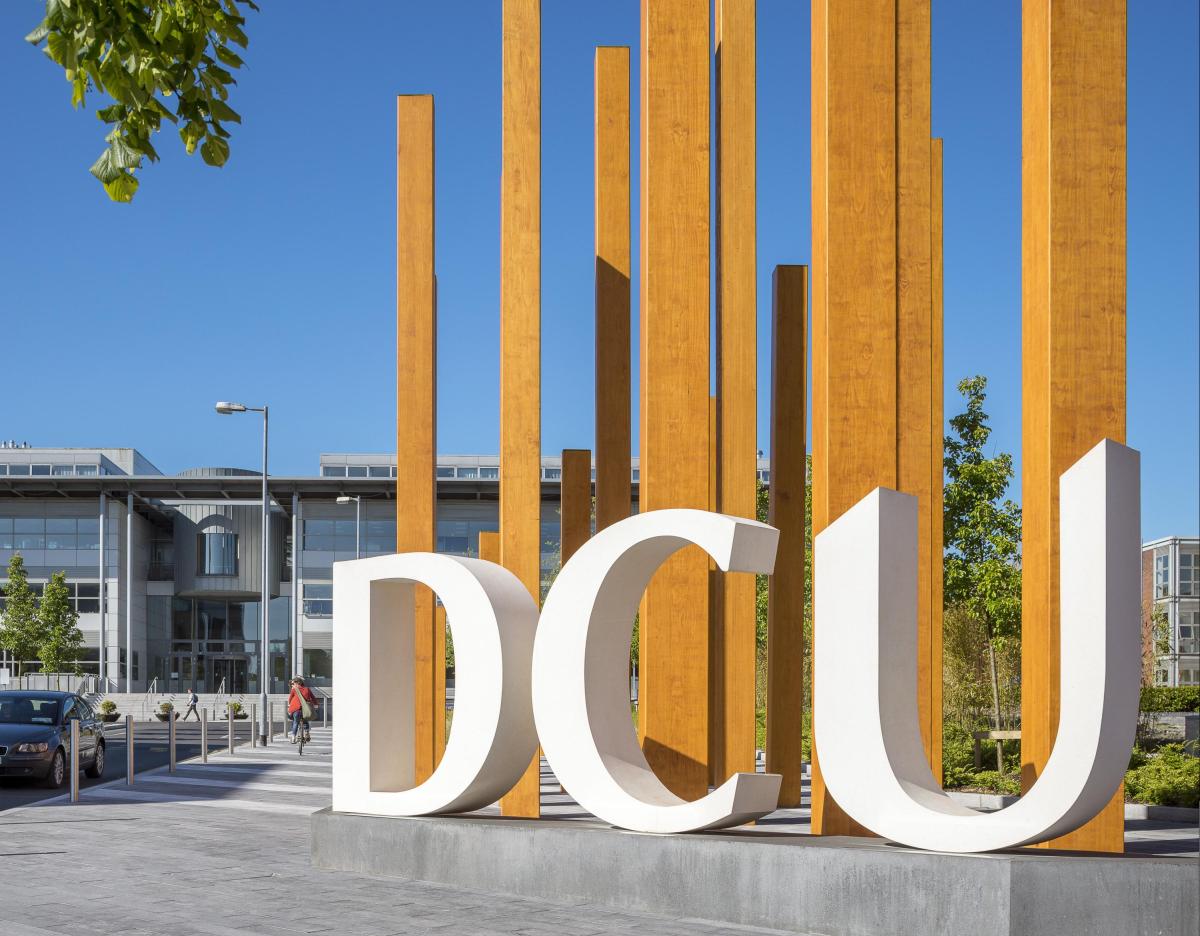

DCU staff to mentor five early career researchers in €1.3million research programme
Those receiving mentorship will arrive at Dublin City University in September to undertake research projects spanning one to two years. The fellowships are designed to provide early career researchers with the opportunity to work abroad and explore new disciplines.
The European commission received 8,039 proposals in this year’s call, up from 7,044 last year. The overall acceptance rate is generally between 10-15% with 1249 due to receive funding. The five successful applications from DCU represent a 27% acceptance rate.
Vice President for Research, Prof John Doyle said:
"Dublin City University receiving five fellowship awards in a single round of applications is an excellent result. It is also a reflection of the extremely high standard of applications put together by our researchers as well as the support available to researchers at the School level."
Prof Debbie Ging from the School of Communications will mentor Veronica Ferreira on a project comparing the passage of men and boys into male supremacist online movements in Portugal and Ireland. The research will explore the discourses and social dynamics constructed on social media by manosphere groups, particularly Pickup Artist, InCel, and MGTOW communities, as well as its roots and if these discourses are successfully imported to the Portuguese and the Irish contexts. It will ultimately identify and develop strategies to counteract the negative effects of these communities, promote gender equality, and the prevention of misogynistic violence by informing public educational policies about internet usage.

Dr Fiona Murphy from DCU SALIS will be mentoring Ian Bell on a study of university initiatives for displaced people. The project compares differing approaches to refugee higher education (HE) amongst students, alumni, teachers, and admin staff across multiple scales in a historically-sensitive manner, embedding the analysis relationally to changes in HE, civil society/activist practices, and European and local policies. Bell is an anthropologist and refugee education practitioner, and will use the fellowship to develop expertise in both refugee and higher education studies, as well as know-how in cutting edge participatory methods and effective policy intervention.

Dr Marina Efthymiou will be mentoring Luis Martin-Domingo whose project will focus on decarbonisation of aviation in line with the EU’s aim to become the world’s first climate neutral region by 2050. The project is divided into three stages: mapping all greenhouse gas KPIs used by European airlines; evaluating the actions taken and planned to reach net zero carbon by European airlines; and finally using traffic scenarios, environmental initiatives and airline commitments to estimate the feasibility of existing KPIs.

Prof Christian Kaunert, from DCU’s School of Law and Government, will be mentoring two postdoctoral fellows. Cátia de Carvalho’s work will look at the conceptual ambiguity surrounding foreign fighters, those defined in international law as individuals who leave their State of origin to join a party engaged in an armed conflict in another country. It will generate actionable recommendations spanning legal reforms, policy enhancements, practical measures, and academic contributions.
Alaamgir Khan’s project examines the reinvigoration of militant groups in Pakistan’s border region after the Taliban successful coup in Afghanistan. Khan will pose several questions in the research: What are the key factors bring about the re-emergence of Tehrik-i-Taliban in Pakistan? What challenges does the re-emergence of the Taliban pose for women? How will the alliance of the Taliban in Pakistan with international terrorist groups such as Al-Qaeda and IS-K affect global security? What are the policy options for Pakistan and the world to counter these threats?
